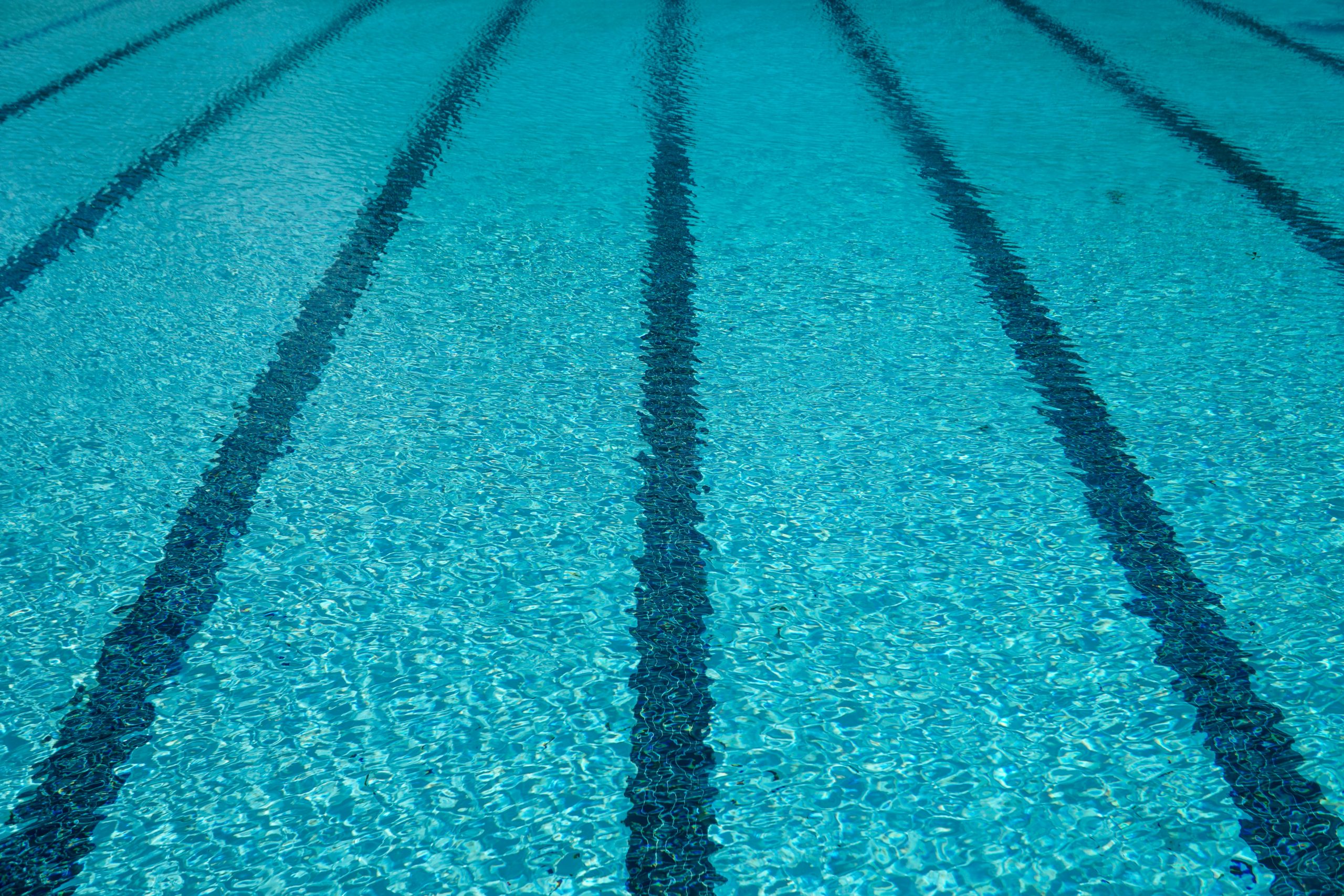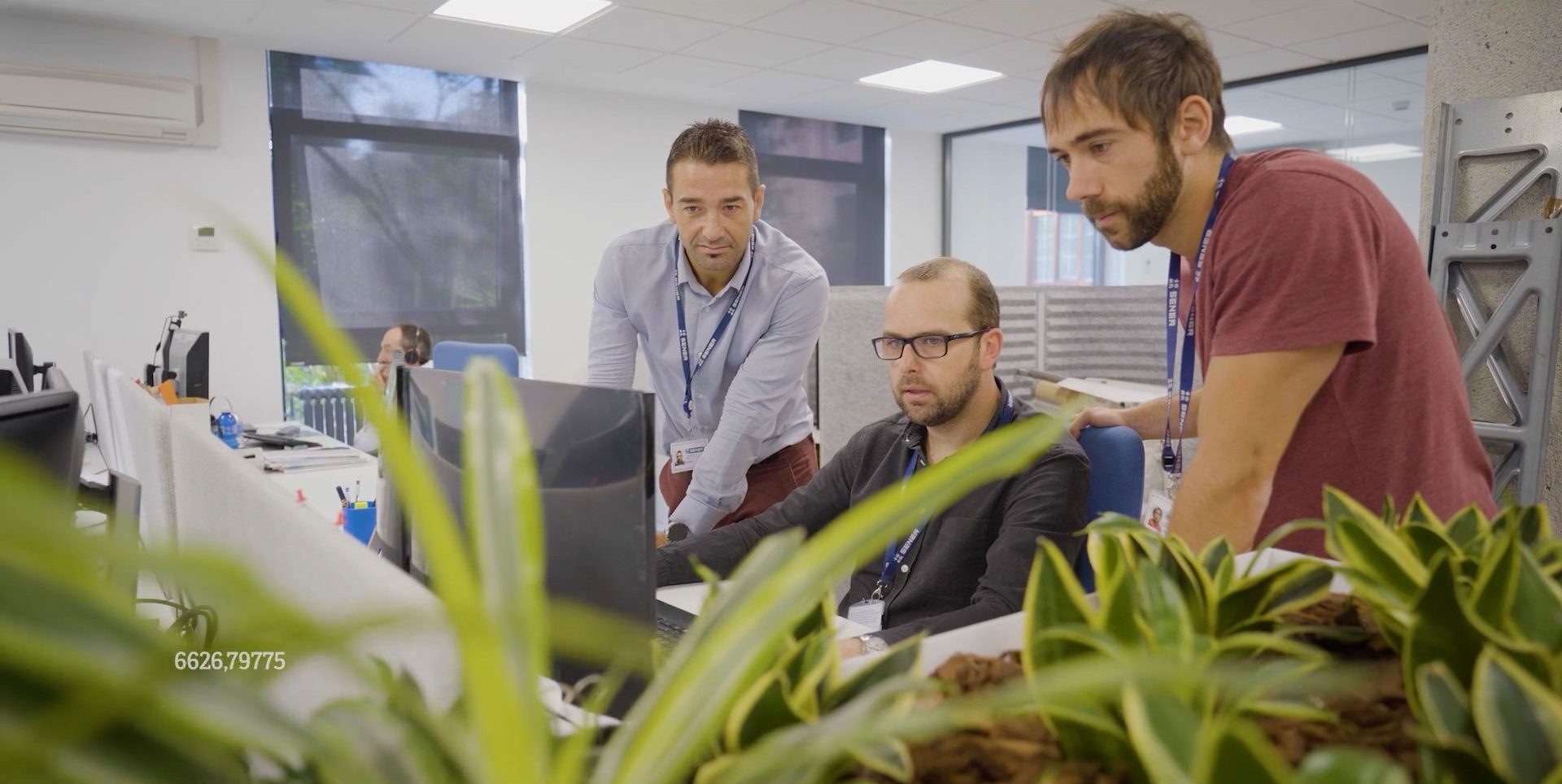
- Mobility & Infrastructures
Categories:
Purifying a pool is a task that, a priori, seems essential to keep it clean, safe and in optimal conditions for the enjoyment of its users. However, there are reasons related to water quality that raise new issues that we must consider:
1. Prevention of problems in the water. We know that, when it comes to preventing water problems, ineffective issues arise such as simple continuous purification with the aim of preventing the appearance of algae. However, an effective method for this task is the use of tarps to winterize the pools with which we manage to block the entry of the sun and, therefore, the growth of algae. In this context, we must also consider what temperature the water is at. If it is cold and there is no sun, there is no need to carry out purification for algae and bacteria. Additionally, another point to consider is that the water is disinfected with chlorine, although not permanently. If this were the case, it would give rise to byproducts that cause chlorine to lose its properties as a disinfectant product, that is, its effect is minimized. Likewise, and without losing focus on maintaining the quality of the water itself, it would be advisable not to pour the product itself, such as algaecides. There are already territories, such as the Community of Madrid, that require the glass to be emptied at least once a year.
2. Maintenance of chemical balance. This is a difficult goal to achieve, since when pouring products based on sulfur or copper, we can see how the chemical balance is called into question.
3. Does it make it easier to open the pool? Technically, no. The water will not be in better condition if it has not been worked on by using more water, that is, renewing a percentage of water. The byproduct formed by chlorine makes it less effective as a disinfectant, and that would cause the need to empty up to 30%. However, keeping the water covered with a tarp – blocking sunlight – allows you to reach the same point with a 30% fill of the pool to recover.
Alternatively, what are the benefits of using tarpaulins in swimming pools during winter?
- Purification energy savings.
- 100% of the water is not wasted in opening the pool.
- It prevents the formation of ice in winter at moderate temperatures (in latitudes such as Spain).
- It prevents the entry of organic matter such as leaves, and other elements blown by the wind and therefore requires less subsequent purification.
- It eliminates evaporation in spring periods with slightly higher temperatures before opening in summer and in autumn just after closing the pool.
- It avoids using chlorine.
In short, since there are currently valid alternatives, we should not always empty the pool glasses. In this sense, efficient water management will allow us to make more sustainable use of this valuable resource, something especially useful in drought situations.
José Manuel Clamagirand
A senior mining engineer with 23 years of experience, he has served as a designer and commissioner of electromechanical equipment, project manager, and construction manager, primarily in the hydroelectric sector. He has developed his professional career in various areas of the energy sector: hydroelectric developments, photovoltaic generation plants, electrical substations, power lines, and service stations, among others.









